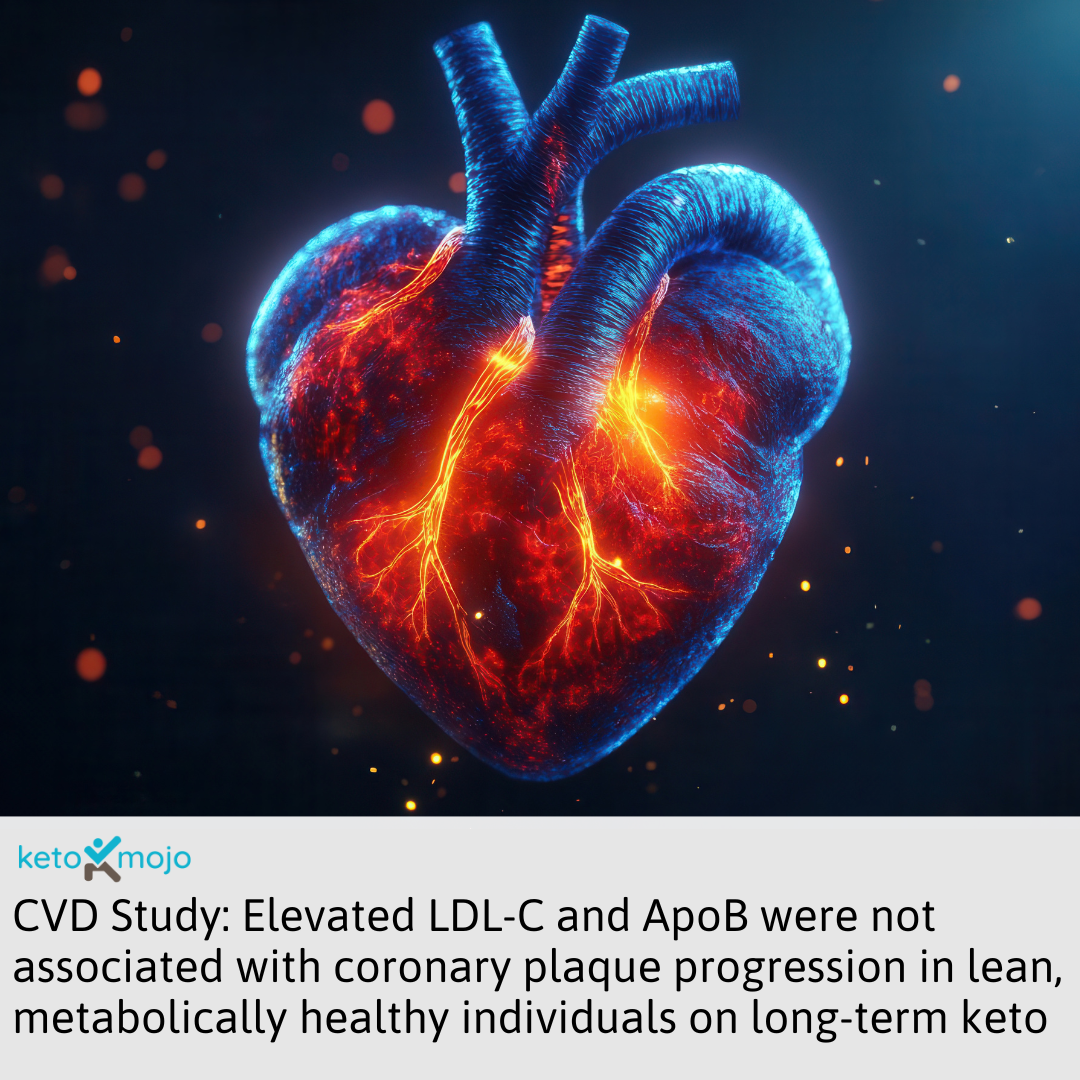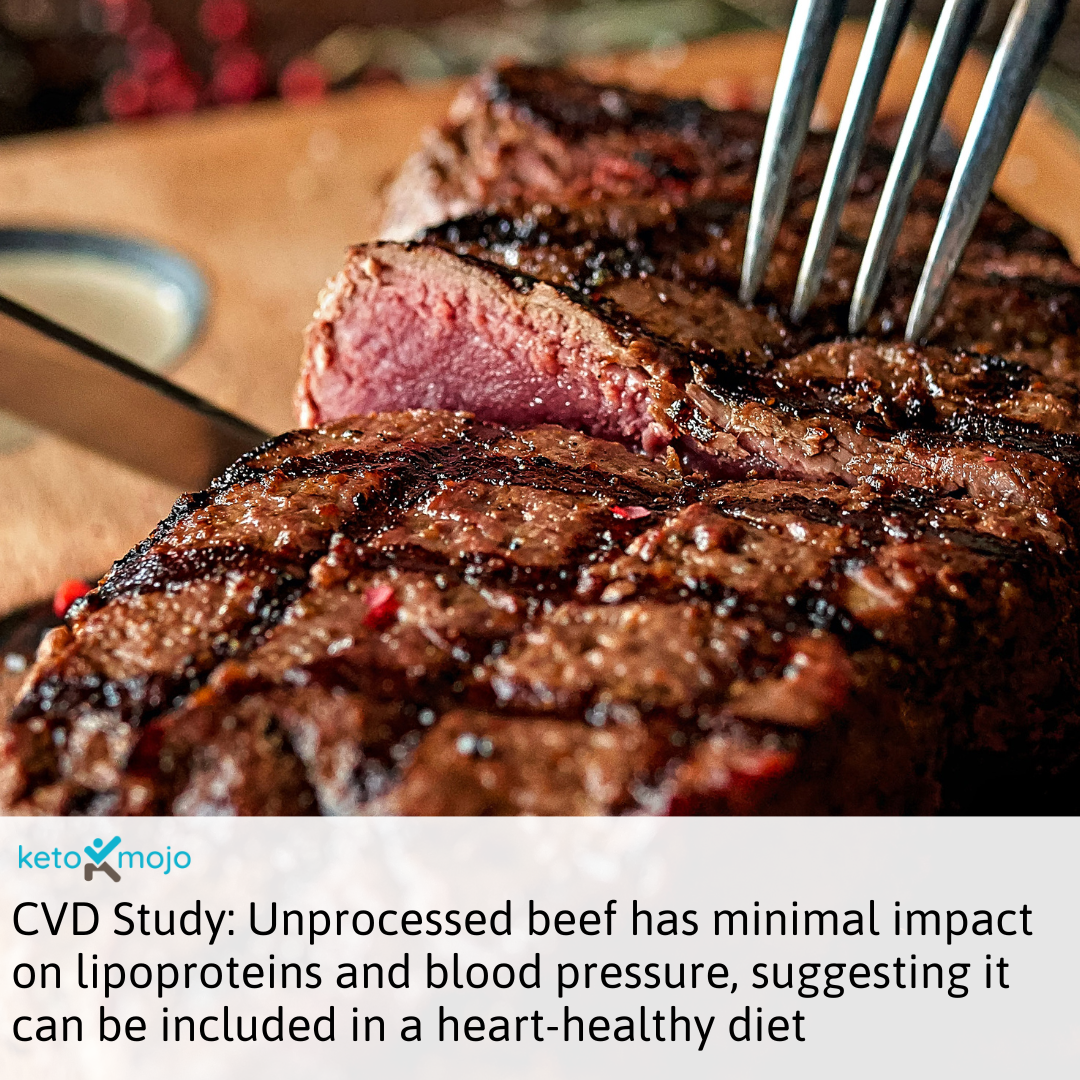Cardiovascular Disease
Plaque Begets Plaque, ApoB Does Not: Longitudinal Data from the KETO-CTA Trial

A study assessed whether elevated apolipoprotein B (ApoB) and low-density lipoprotein cholesterol (LDL-C), induced by a ketogenic diet (KD), are associated with coronary plaque progression in lean, metabolically healthy individuals. A total of 100 participants—meeting strict criteria for high LDL-C and ApoB, low triglycerides, high HDL-C, and absence of metabolic disease—were followed for one year using coronary computed tomography angiography (CCTA) and coronary artery calcium (CAC) scans.
The cohort reflected the “lean mass hyper-responder” (LMHR) phenotype, characterized by large increases in LDL-C in response to carbohydrate restriction. Dietary adherence was verified via 24-hour dietary recalls and daily blood ketone monitoring. Statistical analyses included linear regression and Bayesian inference to evaluate the relationship between lipid metrics and plaque progression.
Key Findings:
- Baseline ApoB: Median 178 mg/dL
- Baseline LDL-C: Median 237 mg/dL
- No significant association between:
- Baseline or change in ApoB and changes in noncalcified plaque volume (NCPV) or total plaque score (TPS).
- Cumulative LDL-C exposure (median 5.7 years on a ketogenic diet) and plaque progression.
- Bayesian analysis favored the null hypothesis (no association between ApoB and plaque progression) by factors of 6–10
- Plaque progression was predicted by baseline plaque burden: Higher initial CAC, NCPV, TPS, and percent atheroma volume (PAV) were significantly associated with increased NCPV.
- No link was found between saturated fat intake and ApoB levels or plaque changes.
- Some individuals showed regression: 6 had decreased TPS, and 1 had reduced NCPV.
- Findings were consistent in sensitivity analyses of subgroups with high diet adherence and elevated calculated cardiovascular risk.
In this study, one year of follow-up in lean, metabolically healthy individuals on long-term ketogenic diets showed that elevated LDL-C and ApoB levels were not associated with coronary plaque progression. Instead, baseline plaque burden was the primary predictor of progression.






